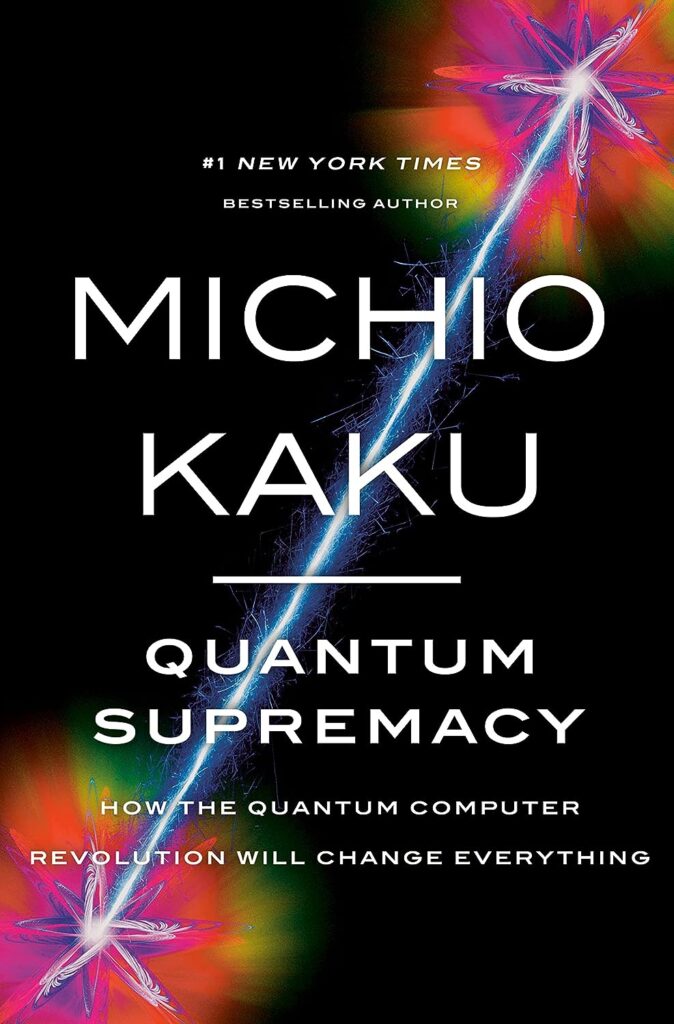Researchers have successfully created a groundbreaking molecule with four atoms, the coldest of its kind ever recorded.
This never-before-seen structure, composed of sodium and potassium, boasts an ultralong central bond and was achieved at a frigid 134 nanokelvin, a mere 134 billionths of a degree above absolute zero.
Their findings were published in the journal Nature on January 31st.
Understanding quantum behavior, which reigns supreme at low temperatures, is crucial, and ultracold systems are key to this exploration.
However, there’s a catch-22: simpler systems are easier to manage but lack the complexity of real-world quantum phenomena. Conversely, complex molecules at such extreme coldness are challenging to create.
This research team, led by physicist Tao Shi of the Chinese Academy of Sciences, overcame these hurdles with a multi-step cooling process. They began by using laser cooling, a technique where precisely directed lasers cool individual atoms.
However, this method isn’t feasible for complex molecules due to the vast number of quantum states involved.
To create their molecule, the team first used laser cooling on a mixture of sodium and potassium atoms, forming simpler diatomic (two-atom) NaK molecules.
Here’s where it gets tricky. Combining these cold atoms actually heats them up, requiring another cooling step – evaporative cooling. This technique, while effective, has a known issue: under extreme cold, the molecules clump together, making precise control difficult.
Shi’s team tackled this challenge by introducing a novel approach – precisely controlled microwaves. These microwaves not only prevented clumping in the NaK molecules during cooling but also played a crucial role in weakly associating two NaK molecules to form the final four-atom molecule, (NaK)2.
This unique molecule boasts a central bond 1,000 times longer than the bond between its individual sodium and potassium atoms. Additionally, it was achieved at a temperature over 3,000 times colder than any previous four-atom molecule.
The implications of this research are significant. Studying the properties of this record-breaking molecule could pave the way for breakthroughs in areas like developing high-temperature superconductors and improved lithium batteries.
Sources:
Published 31 January 2024 in Nature; Ultracold field-linked tetratomic molecules; https://www.nature.com/articles/s41586-023-06986-6
Discover:

Quantum Supremacy:
How the Quantum Computer Revolution Will Change Everything
$14.99 (40% off)
An exhilarating tour of humanity’s next great technological achievement—quantum computing—which may supercharge artificial intelligence, solve some of humanity’s biggest problems

